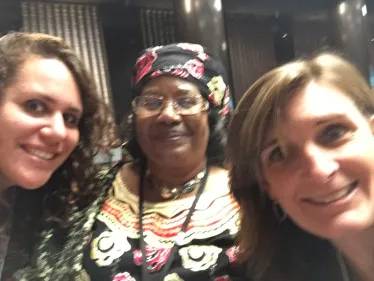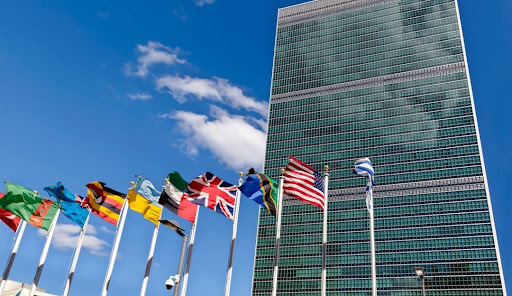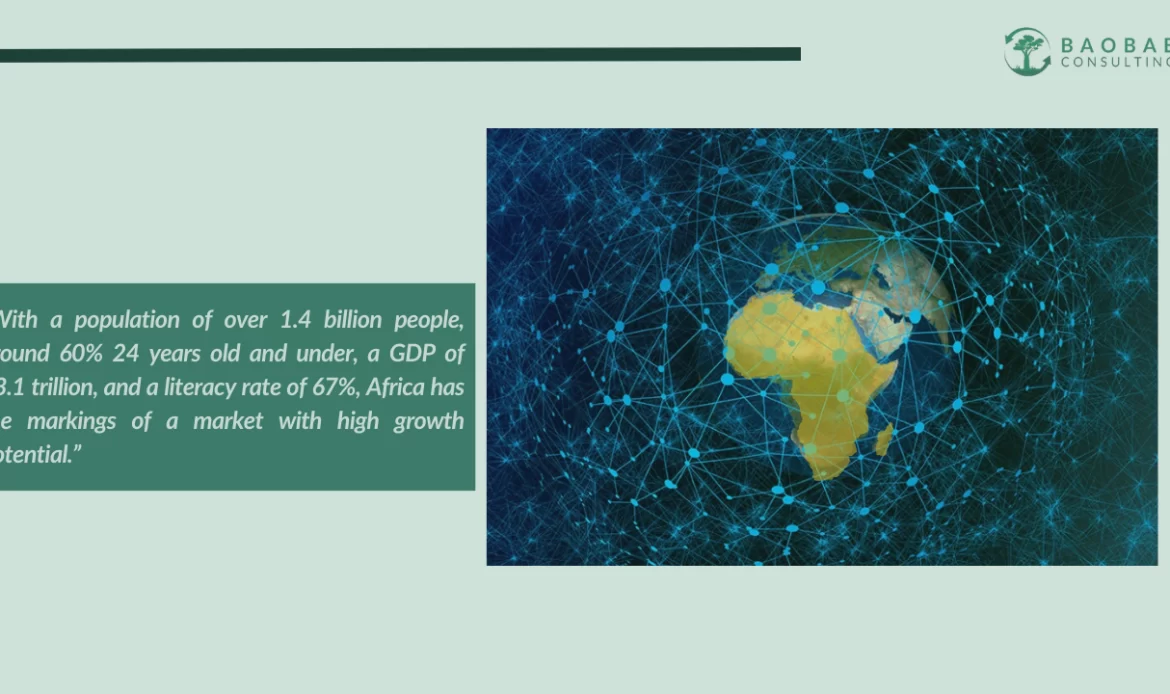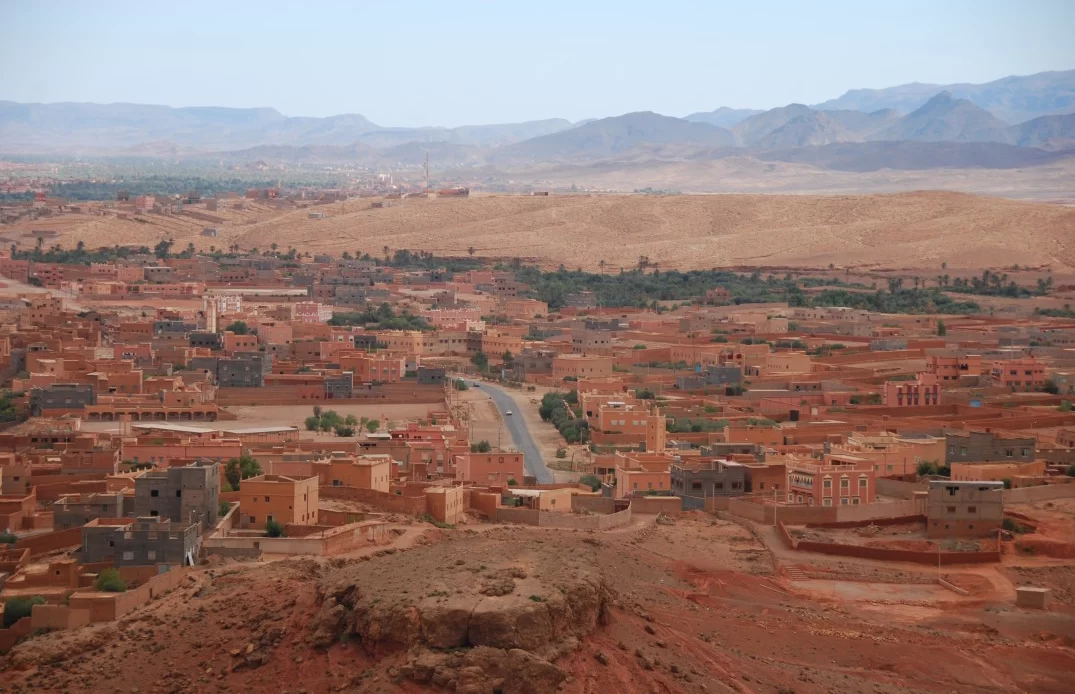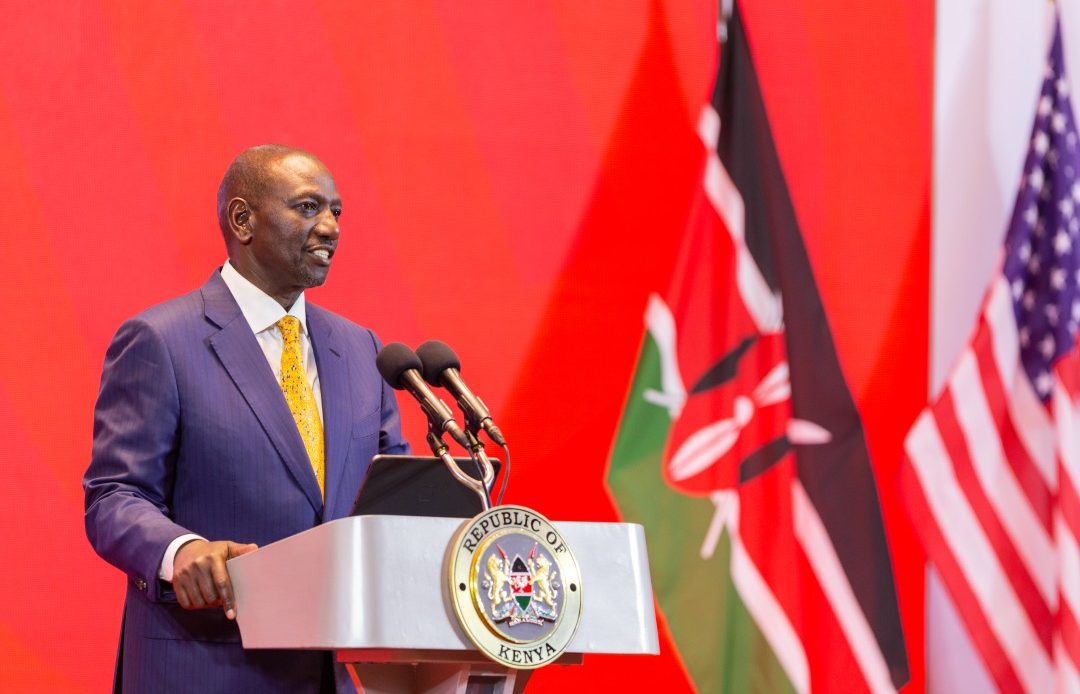By Liz Grossman
As I struggle to come to terms with the current state of gender politics in my own country, I am looking to Africa for inspiration, where many countries are actually making steps to bring women into positions of public leadership. Seven African countries make the top twenty of
This past year, I have had the honor to listen to, shake hands with, meet with, and grow professionally with all four of these women:
My first exposure to these female African heads of state was with Gwen Young, a role model and inspirational leader who runs the Women in Public Service Project at the Wilson Center. Gwen moderated a panel entitled
Fortunately, I had the chance to sit down with Gwen and Dr. Banda during a break, and my first impression was how down to earth Dr Banda was. I noticed several young African women come over to her, nervously make small talk and ask for pictures, to which she graciously obliged. I noticed how much she cared about people, especially those with a passion for making change in Africa.
Next in the presidential circuit was Ameenah Gurib, the sitting President of Mauritius. She was a keynote speaker at the
The journey continued in May, when I applied for a consultancy at the Wilson Center, specifically to support Dr. Banda on the research and writing of her policy toolkit entitled “
Rounding out this year in Accra, Ghana, at the
It has been an inspiring and humbling year, to say the very least. What has encouraged me the most was that four of these women all shared traits of relatability, kindness, and openness. All were receptive to questions, comments, often quite long-winded project partnership pitches, and even seem to genuinely welcomed them. Dr. Joyce Banda was sharing personal life anecdotes and taking selfies. Catherine Samba Panza was handing out her personal business cards. Ameenah Gurib was attending a conference dinner to chat with more participants, and Ellen Sirleaf Johnson was delivering an extra session about women’s leadership as a way to engage more with the audience in Accra. These women all know how to relate to other people, and they all have a knack for making the average Joe and Jane feel like they were worthy of a President’s time.
Politics, particularly in Africa, can be dirty, but these women all showed no outward sign being bothered or upset by it. Each one of them, and most female leaders globally, have been dealing with harassment, reputation tarnishing scandals, and lies. They hold their heads up with poise and grace, remembering the real reason for their existence is for the people they serve, and the future young leaders who need their coaching and example to break the glass ceiling.
Politics, particularly in Africa, can be dirty, but these women all showed no outward sign being bothered or upset by it. Each one of them, and most female leaders globally, have been dealing with harassment, reputation tarnishing scandals, and lies. They hold their heads up with poise and grace, remembering the real reason for their existence is for the people they serve, and the future young leaders who need their coaching and example to break the glass ceiling.
Being in proximity to these women leaders, and now counting Dr. Joyce Banda as a role model and mentor, I am energetic as ever to find ways not only to empower young women in Africa to access education and develop as leaders, but also to push my own compatriots to challenge the way we view women’s leadership. Women have to work twice as hard to prove themselves, fight harassment and overcome sexism in the workplace, and these four women in particular are showing that anything really is possible.
Engaging with four African female presidents renewed my certitude about the immense potential of girls and young women across the continent to become leaders of the next generation. Thinking of the students I spent three years teaching in Senegal and the countless entrepreneurs and community leaders I’ve met across the continent and here in the United States, I am confident that I already know many other future presidents.

